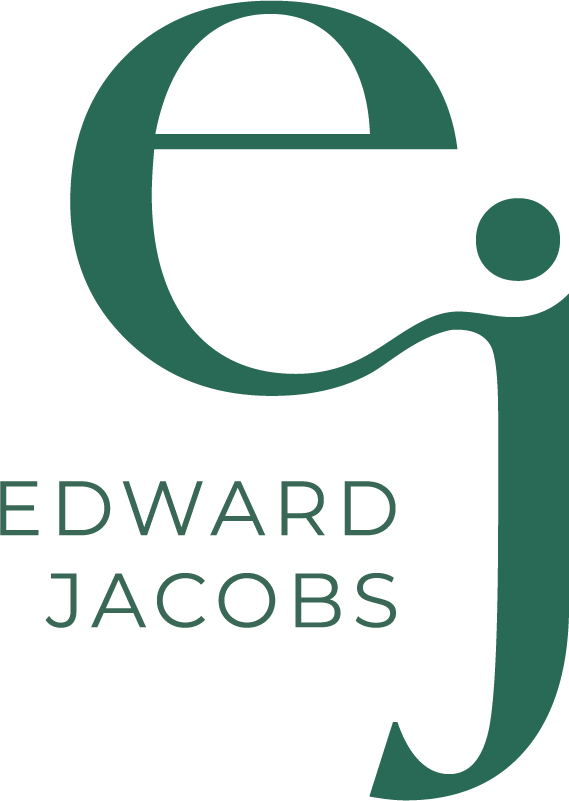Get your CV Ready
A study by The Ladders (source) found that professional recruiters give most resumes an initial 6 second review to look at key details before deciding whether to contact you for an interview.
During that 6 second window recruiters are quickly scanning:
- Name
- Current title and employer
- Current position start date – and if you are still employed
- Previous employers’, title, company and employment dates
- Admission date (years of Post qualification experience (PQE)
- Education (and awards eg Dean’s List or Average marks- esp in earlier years)
Clearly lay out your CV so that visually you are giving the recruiter exactly what they are looking for as quickly as possible to increase your chance of scoring an interview. Avoid fancy fonts, boxes and unnecessary distractions.
Here is how to spruce up your resume:
1. Highlight your accomplishments, recent projects, & publications
Lead with your accomplishments, especially if you have recent project experience relevant to the role for which you are applying. Include any awards, commendations or industry publications – highlight your expertise in an area relevant to that role, and you will stand out from other applicants. Getting your CV ready 11
2. Don’t forget the selection criteria
Selection criteria are listed for a reason, so include them in your application. Wherever possible, tailor your CV to reflect the specified criteria. Note relevant skills or experience, and focus on demonstrating achievements in your recent position that match the role requirements. Leave any material which may be the basis of discrimination (unconscious or otherwise) – for example, date of birth, race, marital status, sexuality or religion.
3. Make it an easy read
The worst resumes are a nightmare to read. Poor formatting, too much text, an absence of headings, or lack of clarity around what you did in each role make for a quick trip to the bin. As a rough guide, ask yourself, can your CV be read in 2 minutes or less?
4. Explain any absences or short stints – and don’t embellish
Red flags pop up for unexplained leaves of absence and unusually short placements in a series of roles. While innocuous, these resume gaps may suggest underlying issues with colleagues or managers or an inability to focus and settle into a role. If you took extended time off, be up front about the reason – whether it was a career break to assist with an ill family member or a business venture or even further study, it’s best to tackle the issue rather than allow employers to come to their own conclusions and prematurely rule you out. Whatever you do, don’t lie. Not only does it damage your credibility with your prospective employer, it may affect your overall reputation with future employers.
FREE Resume review in 35 seconds - https://www.theladders.com/resume-reviewer
FREE Resume templates -
https://www.theladders.com/free-resume-templates




